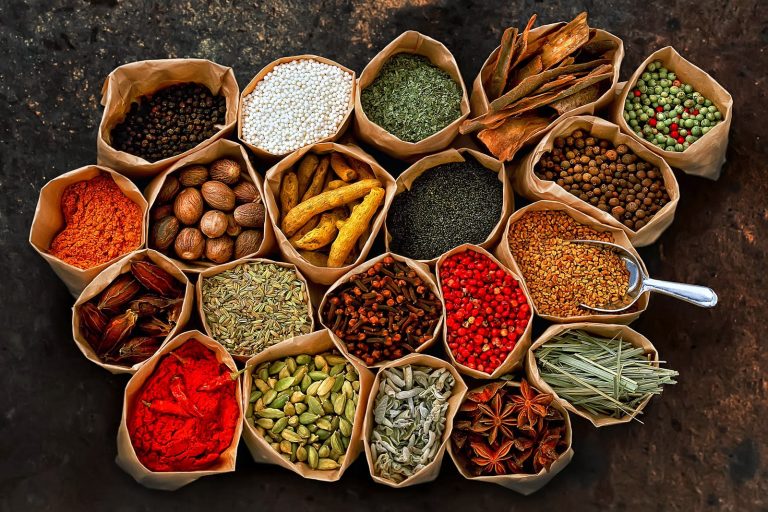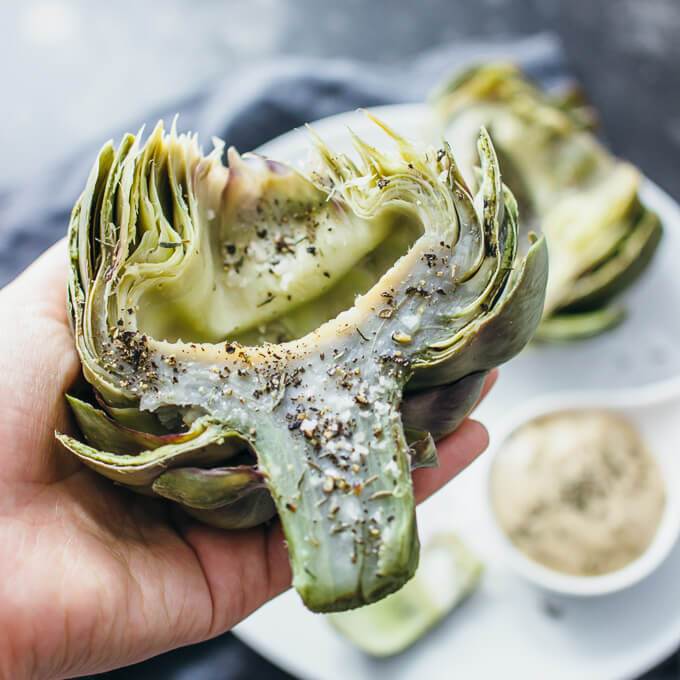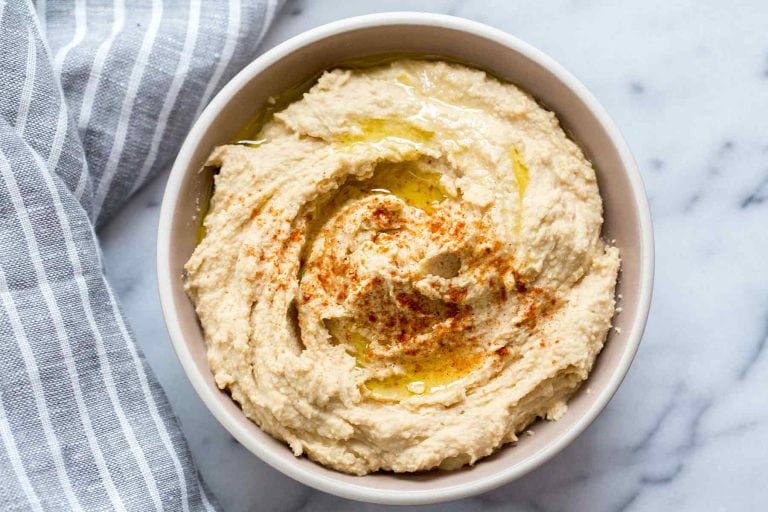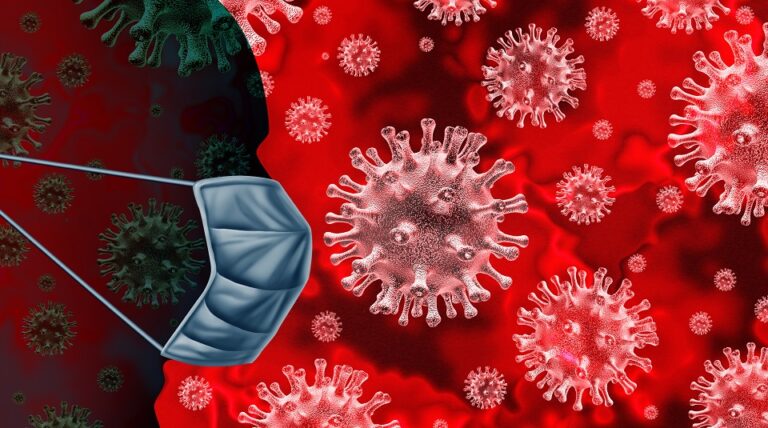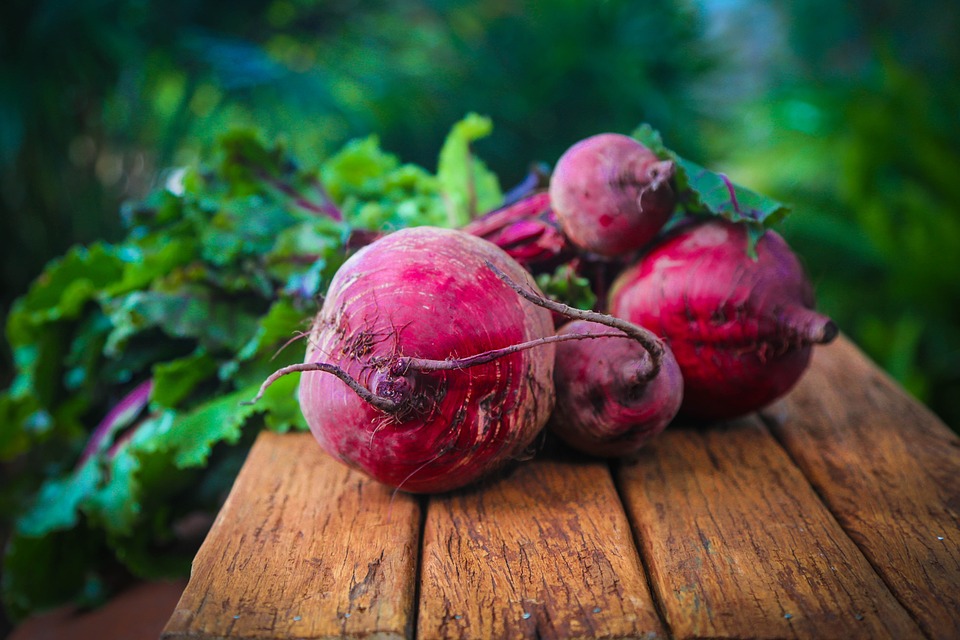
Ever wonder why you feel gassy after eating certain foods? Or why your pee sometimes smells funny? Just as what you eat can impact how you look and feel, the foods you consume can also result in some strange bodily reactions. If you have a food sensitivity, for example, certain foods might make you itch or make your nose run. And foods you’re allergic to could produce even more severe reactions. Read on to discover some of the strange ways food can impact your body.
Garlic Can Improve Your Body Odor
Everyone knows that the potent smell of garlic can help ward off vampires. But what you may not realize is that it can also impact your body odor — and not necessarily in a bad way. Research published in February 2016 in the journal Appetite found that eating garlic may actually help men improve their scent.
In the study, women rated the body odor of men who had eaten four cloves of raw garlic as smelling more pleasant and attractive than those who didn’t. Garlic has antibacterial properties, which may help kill odor-causing bacteria on the surface of skin, researchers say.
Fiber-Filled Foods Give You Gas
Turns out the old children’s rhyme has some truth to it: Beans really do make you toot. And they’re not the only food that can cause gas: Other fibrous foods like cruciferous veggies (think: cauliflower, broccoli, and cabbage) and whole grains (such as oats) can also lead to flatulence.
That’s because the bacteria in your intestines (which live off fiber) produce gas during the digestive process, and since these foods can be especially hard for your body to digest, they may create more gas than usual.
If you’re not used to eating a lot of fiber, upping your intake can intensify the gassy effect, says Keith Ayoob, doctor of education, a pediatric nutritionist and associate clinical professor in the department of pediatrics at the Albert Einstein College of Medicine in the Bronx, New York.
The good news is that flatulence-causing foods tend to be the healthiest items in the store, so they can be worth the uncomfortable side effects. If you’re interested in trying a high-fiber diet, just be sure to ease into it slowly, and pair high-fiber foods with a sufficient amount of fluids to keep things moving smoothly.
Beets May Turn Your Urine Red
If your urine ever looks red, ask yourself this question before making a trip to the ER: Have I eaten beets in the last 48 hours? Consuming a hefty amount of beets can lead to “beeturia,” the passing of reddish-pink urine after eating beets or beet extract.
Beets get their deep hue from a potent pigment called betacyanin, which can seep through to your urine if your stomach acid is not low enough to break it down. Pink or red urine can also be the result of over-the-counter or prescription medications you’re taking. If you’re concerned, see your healthcare provider.
Carrots Can Give Your Skin a Yellow Hue
You may joke with your kids that eating a lot of beta carotene-filled carrots can make you look like a carrot, but “you don’t really turn orange,” says Ronald Falcon, MD, a dermatologist in Long Beach, New York. “You may, however, turn a yellowish hue, particularly on the palms of your hands, soles of your feet, and face.”
This condition, which is called hypercarotenemi, can also occur from eating excessive amounts of other foods that are high in vitamin A, such as pumpkins. So just how many carrots is too many? “That depends on how quickly your body metabolizes beta carotene, and we all metabolize foods at different rates,” says Ellen Gendler, MD, a dermatologist in New York City.
Asparagus Can Make (Some) People’s Urine Smell
You probably know that eating asparagus can give your urine a pungent smell, but did you realize that the phenomenon doesn’t occur in everyone? That funky smell is the result of a chemical called asparagusic acid, says Joph Steckel, MD, vice chairman of urology at North Shore University Hospital in Manhasset, New York.
“And it’s believed that 20 to 40 percent of the population either cannot smell or does not produce the compound.” Asparagusic acid is broken down into a sulfur-related chemical that emits the unpleasant smell, sometimes in as little as 15 to 30 minutes. It’s unclear why some people can avoid the odor, but if you’re one of those people, consider yourself lucky!




